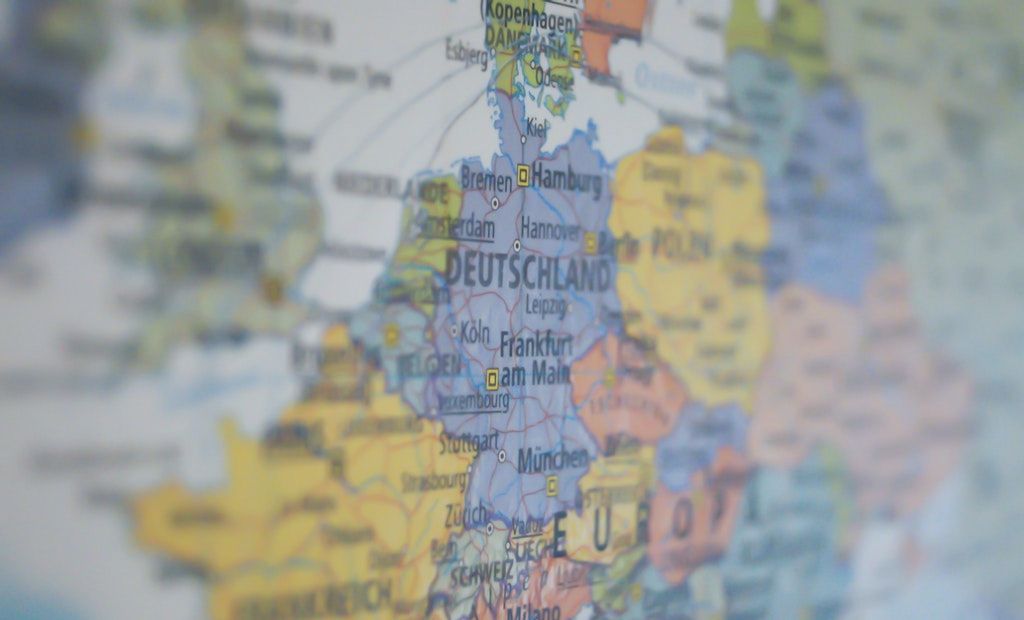Pressure on G20 leaders to resolve Euro crisis

The Group of 20 (G20) leaders have focused their response to Europe’s financial crisis following increasing pressure. This came as the announcement about the formation of a new Greek government is yet to be made, despite the victory of pro-euro party in the Greek election last weekend.
As leaders of the biggest economies gathered in Los Cabos, Mexico, President of the European Commission José Manuel Barroso commented on the situation. In opening remarks he said that European leaders showed willingness to help Athens reach financial targets to meet its bailout obligations, once its governing coalition is formed.
Encouraged by the Greek results, German chancellor Angela Merkel said she could not accept any loosening of the austerity measures and deep structural reforms which Athens has agreed to as a condition of its two EU and IMF bailouts totalling 240billion Euros. She added: “The Greek government will and must deliver on the commitments it has agreed to.”
British Prime Minister David Cameron repeated his call on Europe to take necessary steps towards solving the crisis. He said: “If you want a functioning single currency you have to take at least some of those steps. You need to have elements of banking union, fiscal transfers and so on”.
The G20 meeting is seen by non-Eurozone leaders as a chance to put pressure on Angela Merkel to intervene more decisively to resolve the single currency crisis. Meanwhile world leaders called for cooperation to resolve the Eurozone crisis.
US President Barack Obama said: “Now is the time as we’ve discussed to make sure all of us join to do what’s necessary to stabilize the world financial system, to avoid protectionism, to both grow the economy and create jobs while taking a responsible approach.”
In a bid to preserve the fiscal union and win back market confidence, the German chancellor pressured fellow European leaders to agree a road map toward closer fiscal integration that would involve ceding sovereignty over budgets to Brussels and giving more power to the European Parliament.
A draft of the communiqué, leaked to the Reuters news agency, suggested there would be no specific new commitments made this week, but a renewed commitment including a pledge to consider concrete steps towards a “more integrated financial architecture” such as common banking supervision.
European Union leaders are expected to discuss paths to closer political and economic union at a summit in Brussels on June 28-29.
Queenie Man























Facebook
Twitter
Instagram
YouTube
RSS